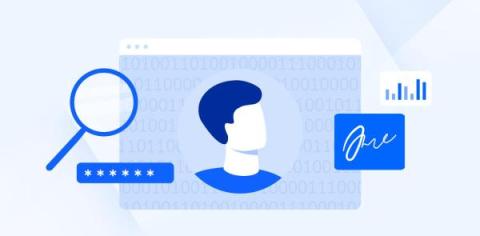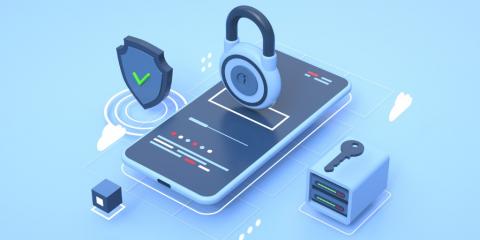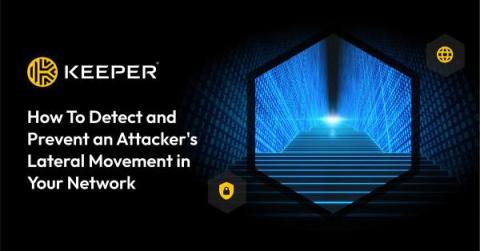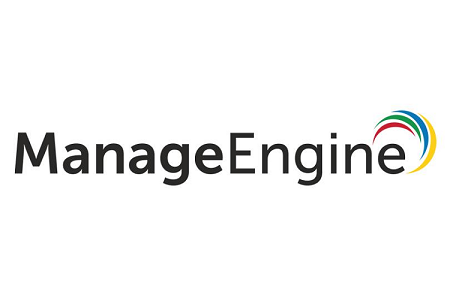Understanding Tactics, Techniques, and Procedures
Microsoft PowerShell is a ubiquitous piece of software. It’s also, unfortunately, a major attack vector for threat actors. Once a threat actor has initial access into a network, they can utilize the commands and scripts components of PowerShell to conduct reconnaissance or inject fileless malware into the network. This activity is so common it’s continually listed as one of the top tactics, techniques, and procedures (TTPs).











